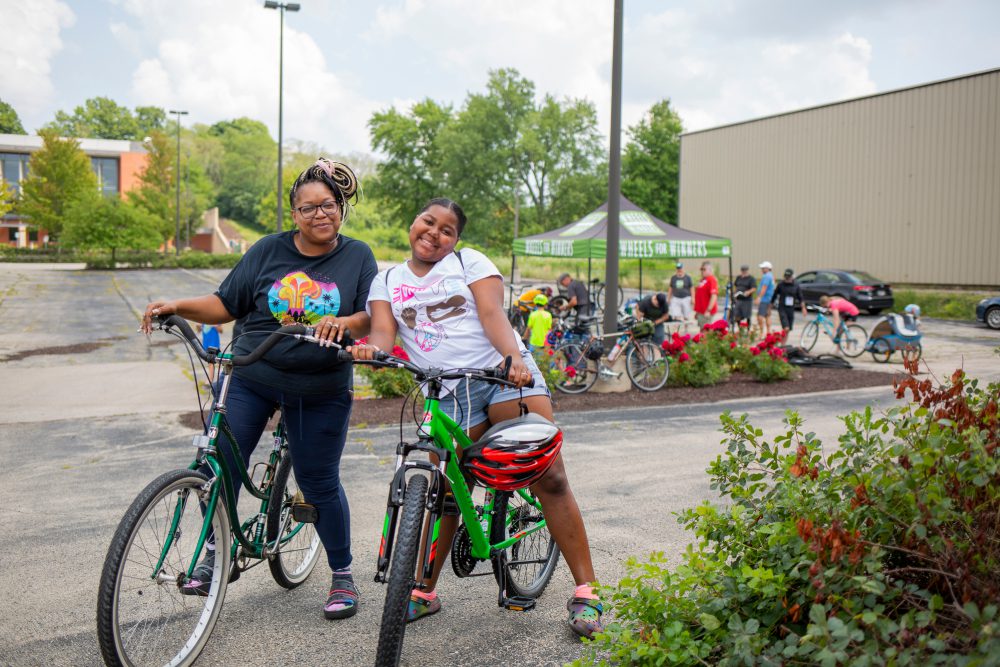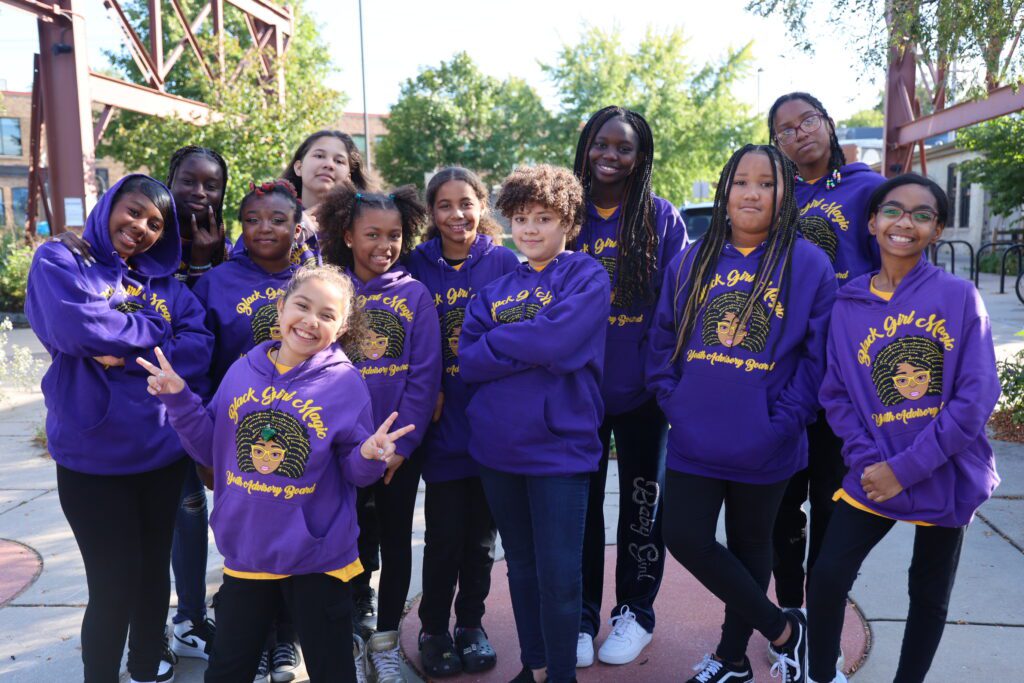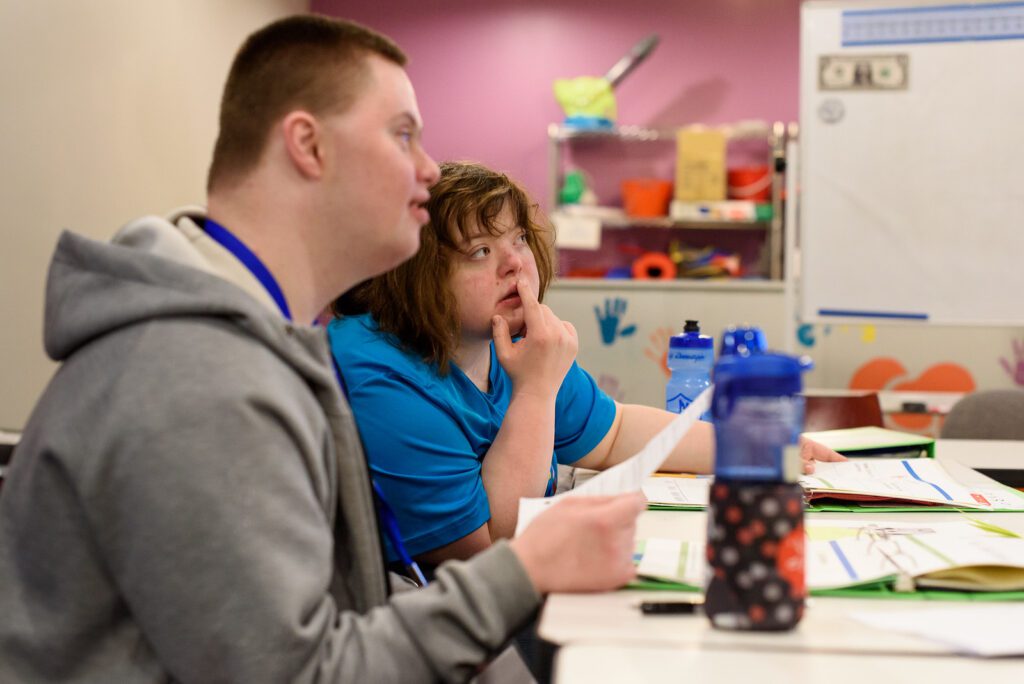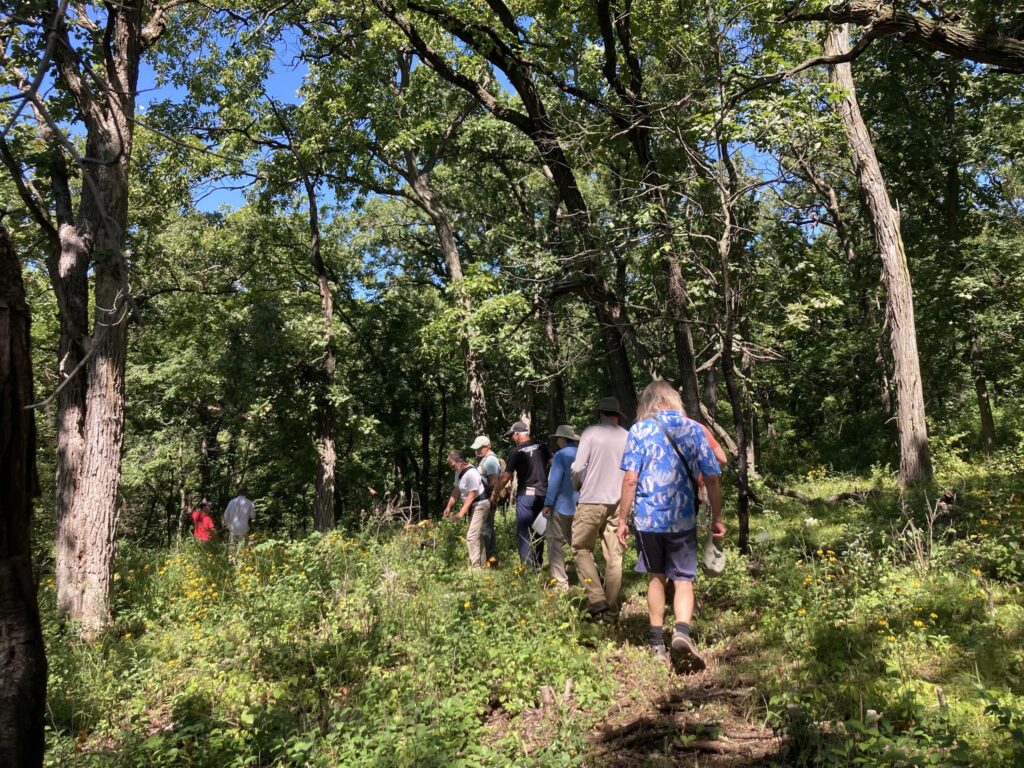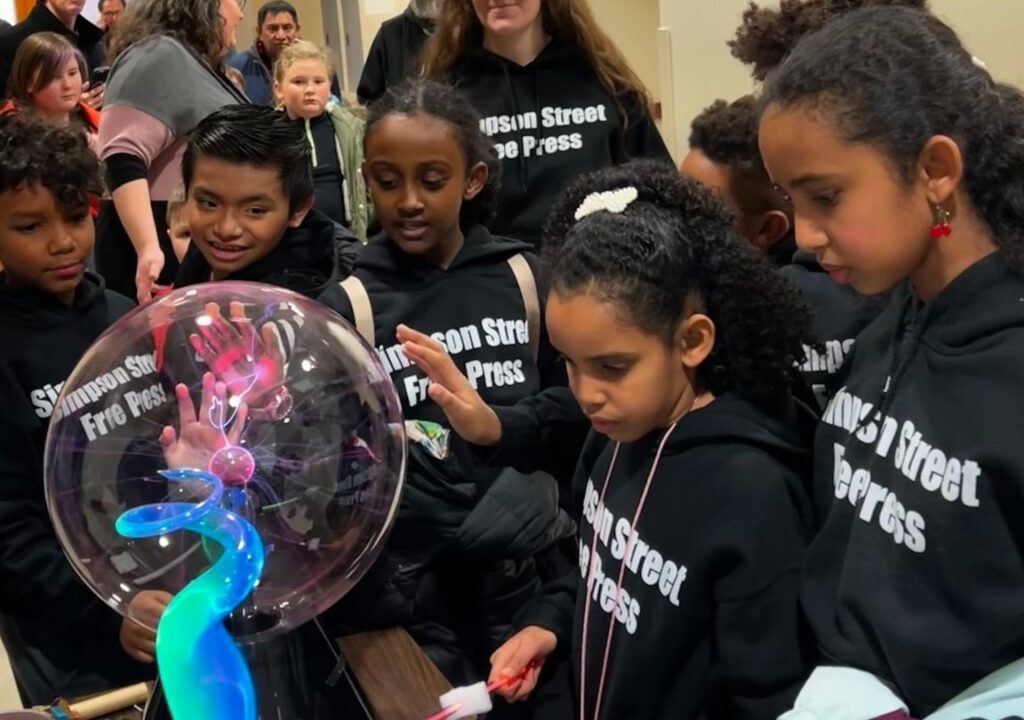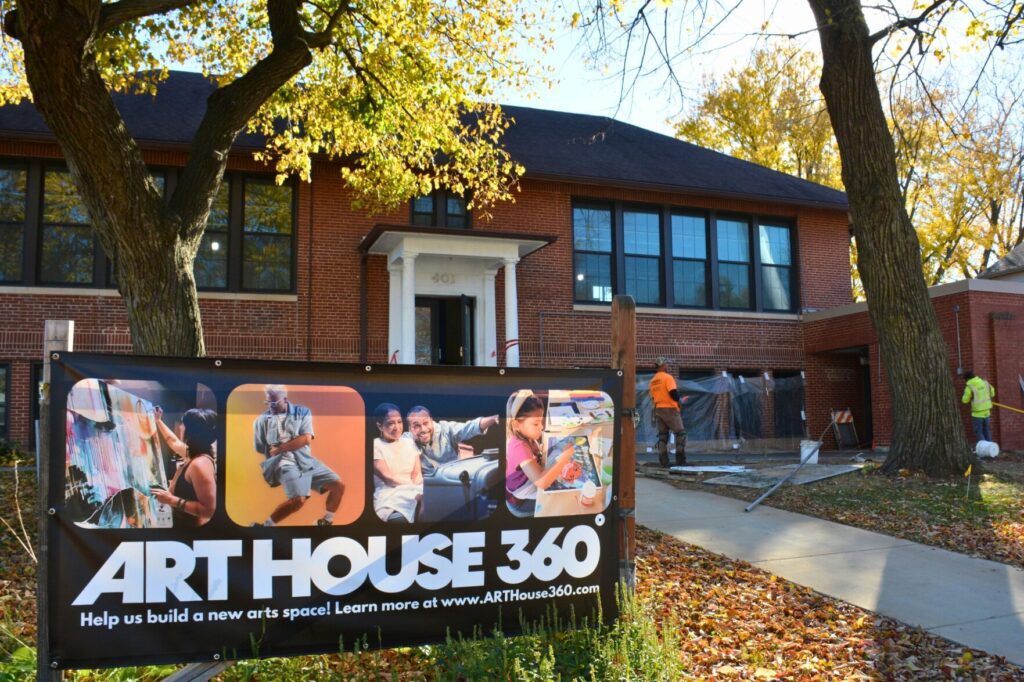Supporting Organizations’ Vital Work. Grants From the Community Impact Fund.
In 2025, Madison Community Foundation (MCF) awarded $1.4 million in grants from the Community Impact Fund to 30 local nonprofits. These grants help organizations strengthen their operations, grow to meet the community’s needs and capitalize on opportunities.
“This year’s grantees are helping shape a stronger, more connected community,” said Angela Davis, MCF’s Director of Grantmaking. “They’re expanding access to learning, creating inclusive public spaces, strengthening our natural environment, and ensuring that all residents have opportunities to thrive.”
2025 Grant Awards
Aldo Leopold Nature Center
$40,000 to help make the Center more welcoming and accessible by replacing a deteriorating boardwalk and bridge with ADA compliant structures and installing multi-lingual signage.
ART House 360
$75,000 toward its capital campaign to transform an historic Verona schoolhouse into a multicultural arts center.
Black Girl Magic Educational Services
$40,000 matching grant for the Black Girl Magic Legacy program, which supports middle school program participants through their high school years.
Briarpatch Youth Services
$10,000 toward its 10-Year Tune-Up, celebrating the youth shelter’s anniversary with a series of upgrades to enhance safety, functionality and comfort for youth in crisis.
Centro Hispano
$50,000 to help embed an Evaluation Specialist in Madison’s schools to help identify what is working, where gaps remain and how to adjust support programs for Latinx students.
Clean Lakes Alliance
$75,000 to support the creation of a Renew the Blue Council to coordinate community action around shared water quality goals.
Community Action Coalition for South Central Wisconsin
$100,000 to support the Wisconsin Foodshed Partnership and increase its capacity to receive and distribute locally grown food to people struggling with food insecurity.
Driftless Area Land Conservancy
$50,000 to help complete the first section of a planned 13-mile trail network at Wild Oaks Preserve, providing a space for nature-based recreation.
Foundation for Dane County Parks
$35,000 to provide training for staff and volunteers focused on implicit bias and microaggressions to make the park system safe and inclusive for all visitors.
Friends of PBS Wisconsin
$50,000 to support the Wisconsin Hometown Stories: Madison, a community-driven multimedia project to document Madison’s history and voices.
Gigi’s Playhouse Madison
$75,000 to help build a new facility that will expand access to out-of-school activities, educational services and job training for people with Down Syndrome.
Groundswell Conservancy
$40,000 to help build the capacity to capitalize on opportunities to work with landowners to protect land across Dane County.
Kennedy Heights Community Center
$40,000 to purchase an accessible van to transport youth and seniors to education, enrichment, wellness and essential services, combatting isolation and improving access.
Literacy Network
$80,000 toward its English for Citizenship program, providing language instruction and support for adults who are applying to become U.S. citizens.
Madison Area Community Land Trust
$50,000 to help create a pilot program outside the city of Madison to develop homes for very low-income households across Dane County.
Madison Symphony Orchestra
$50,000 to help fund its Centennial festival weekend, a two-day music festival at Overture Center, which marks the conclusion of MSO’s 100th Anniversary season.
Maydm
$20,000 toward its strategic growth initiative to strengthen the organization’s infrastructure, develop systems for long-term sustainability and deepen its impact across Dane County.
Nehemiah Center for Urban Leadership Development
$30,000 to strengthen its internal leadership and help expand the Center’s work and impact.
Olbrich Botanical Society
$50,000 toward its Comprehensive Interpretation Plan, helping better share the Gardens’ work and its impact on the community.
Own It Building Black Wealth
$37,500 to expand its ability to lead wealth-building and homeownership classes and mentoring to serve more families and support them in homeownership after closing.
PEPartnership
$10,000 to improve the alliance’s database, which is critical to efficient and effective operations for the Partnership’s five personal essentials pantries.
Porchlight
$25,000 for “A Place to Call Home,” which helps shelter guests overcome financial barriers to permanent housing such as application fees, security deposits and first month’s rent.
Shelter Friends
$20,000 to help the organization build its fundraising capacity to support the 24/7 operation of the new men’s shelter.
Simpson Street Free Press
$30,000 to help support the organization’s mentorship and science-based tutoring program.
The Center for Black Excellence and Culture
$70,000 to support the development and launch of the Center’s first two years of programming.
The Foundation for Black Women’s Wellness
$50,000 matching grant to help expand the Madison Forward Fund which provides guaranteed income and wraparound support the Black mothers with young children.
Wil-Mar Neighborhood Center
$15,000 to help purchase a 15-passenger van to provide safe transportation and expand access to youth and teen programs.
YMCA of Dane County
$100,000 for the benefit of the Lussier Family West facility.
YWCA Madison
$75,000 for collaborative leadership development and healing-centered care training with residents and staff.
Zeteo Community
$25,000 toward the development of Wisconsin’s first long-term residential program for survivors of sex trafficking and their children.
